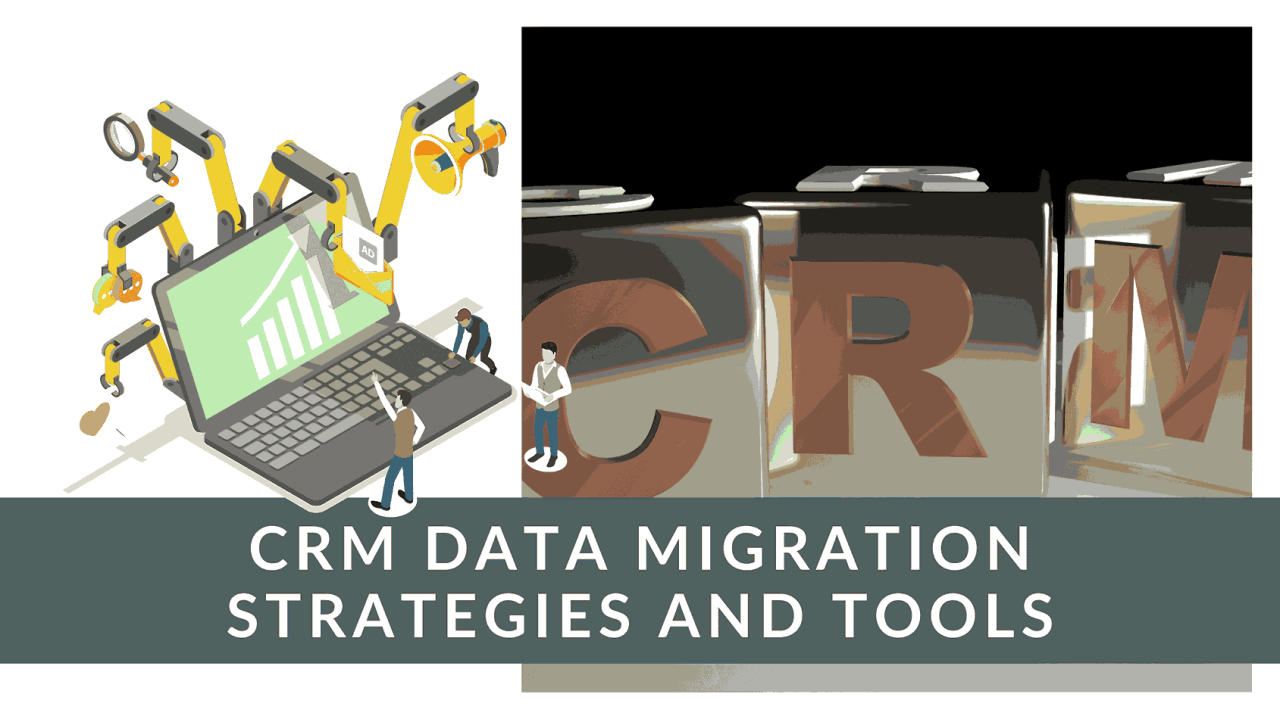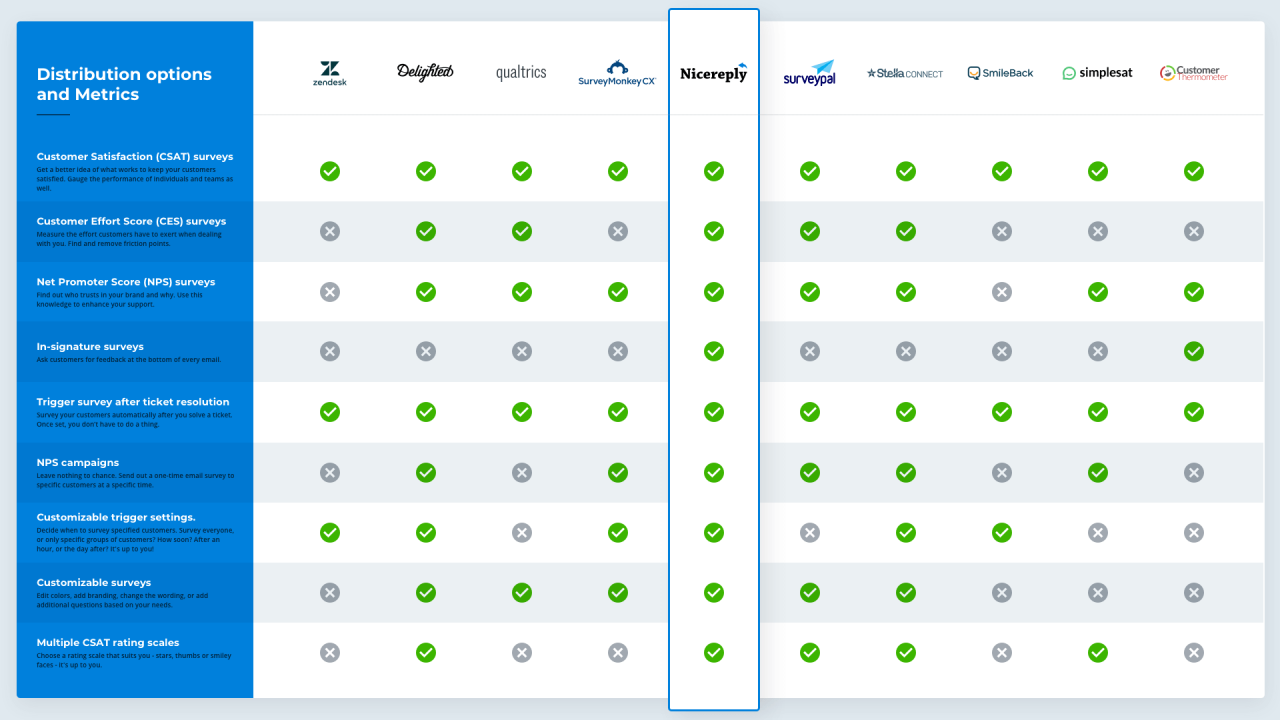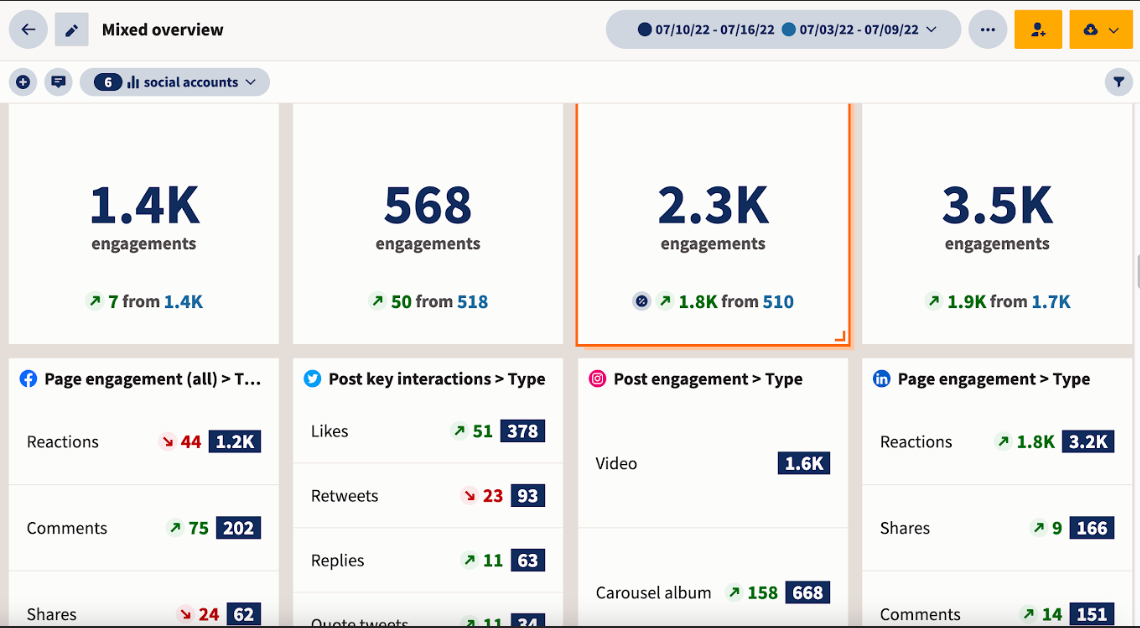Internet Of Things Devices
Internet of Things devices have revolutionized the way we live, connecting our world in ways we never thought possible. From smart homes to wearables, these devices are shaping our future with innovation and connectivity.
Introduction to Internet of Things Devices
IoT devices are interconnected devices that can communicate with each other over the internet, collecting and exchanging data to perform various tasks and make our lives easier. These devices are designed to automate processes, increase efficiency, and enhance convenience in our daily lives.
How IoT Devices Connect and Communicate
IoT devices connect to the internet through Wi-Fi, Bluetooth, or other wireless technologies, allowing them to send and receive data. They use sensors to collect information from their surroundings and transmit it to other devices or servers for analysis and action.
- Smart thermostats like Nest learn your schedule and adjust the temperature in your home accordingly, saving energy and money.
- Connected security cameras send alerts to your phone when they detect motion, allowing you to monitor your home from anywhere.
- Fitness trackers record your daily activity and sync the data to your smartphone, helping you stay motivated and track your progress.
Types of Internet of Things Devices
IoT devices come in various categories, each serving a specific purpose and offering unique features. Let’s explore some of the most common types of IoT devices:
1. Wearables
Wearable IoT devices are designed to be worn by users and can track various health and fitness metrics. These devices, such as smartwatches and fitness bands, can monitor heart rate, activity levels, sleep patterns, and more. They often connect to smartphones or other devices to provide real-time data and insights to users.
2. Smart Home Devices
Smart home IoT devices are becoming increasingly popular, allowing users to control their home appliances and systems remotely. These devices include smart thermostats, lights, security cameras, and door locks, which can be controlled through a smartphone or voice commands. They enhance convenience, security, and energy efficiency in homes.
3. Industrial IoT (IIoT)
Industrial IoT devices are used in manufacturing and industrial settings to improve operational efficiency and monitor equipment performance. These devices can collect data on machine status, production output, and energy consumption to optimize processes and reduce downtime. IIoT devices often utilize sensors, actuators, and cloud computing to enable real-time monitoring and analytics.
4. Connected Vehicles
Connected vehicles are a growing segment of IoT devices that incorporate internet connectivity into automobiles. These devices can provide navigation assistance, real-time traffic updates, vehicle diagnostics, and even autonomous driving capabilities. Connected vehicles aim to enhance safety, convenience, and efficiency on the road.
5. Smart Agriculture
IoT devices are also revolutionizing the agriculture industry by enabling precision farming techniques. These devices can monitor soil conditions, weather patterns, crop health, and irrigation systems to optimize crop yield and resource usage. Smart agriculture devices help farmers make data-driven decisions to improve productivity and sustainability.
6. Healthcare IoT
Healthcare IoT devices are transforming the way medical care is delivered and monitored. These devices include remote patient monitoring systems, smart medical devices, and telemedicine platforms that enable healthcare professionals to remotely track patient health metrics and provide timely interventions. Healthcare IoT devices aim to improve patient outcomes, reduce hospital readmissions, and enhance the overall quality of care.
By understanding the different types of IoT devices and their functionalities, we can appreciate the diverse applications and benefits that the Internet of Things brings to various industries and daily life.
Security Concerns with Internet of Things Devices
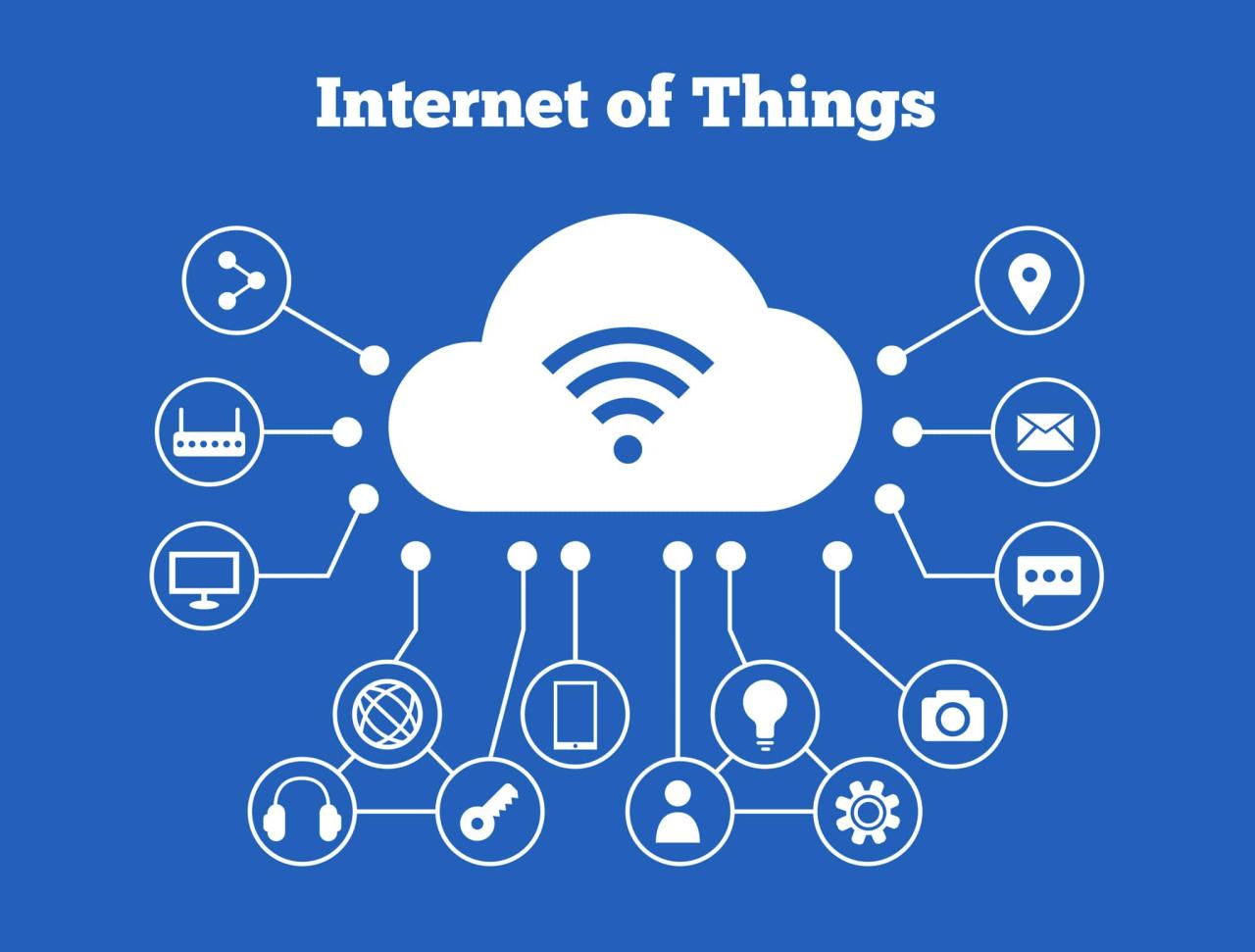
Internet of Things (IoT) devices have brought about a new era of convenience and connectivity, but they also come with their own set of security concerns. As these devices become more integrated into our daily lives, it is crucial to address the potential risks associated with them and take proactive measures to ensure the security and privacy of our data.
Potential Security Risks, Internet of Things devices
- Weak or default passwords: Many IoT devices come with default passwords that are easily guessable or unchanged by users, making them vulnerable to hacking.
- Lack of encryption: Data transmitted between IoT devices and servers may not be properly encrypted, leaving sensitive information exposed to interception.
- Outdated software: Manufacturers may not provide regular updates or patches for IoT devices, leaving them susceptible to known vulnerabilities.
- Insecure network connections: IoT devices connected to insecure networks can be accessed by unauthorized users, compromising the security of the entire network.
Securing IoT Devices
- Change default passwords: It is essential to change default passwords to strong, unique ones to prevent unauthorized access.
- Enable encryption: Ensure that data transmitted between IoT devices and servers is encrypted using secure protocols like SSL/TLS.
- Regular updates: Keep IoT devices up to date with the latest firmware and security patches to protect against known vulnerabilities.
- Secure network connections: Use firewalls, virtual private networks (VPNs), and secure Wi-Fi networks to protect IoT devices from unauthorized access.
Importance of Data Privacy and Protection
Data privacy and protection are paramount when it comes to IoT devices, as they collect and transmit sensitive information about users and their habits. It is crucial to safeguard this data from unauthorized access and ensure that it is used responsibly and ethically. By implementing robust security measures and being mindful of data privacy practices, we can enjoy the benefits of IoT devices without compromising our personal information.
Impact of Internet of Things Devices on Daily Life
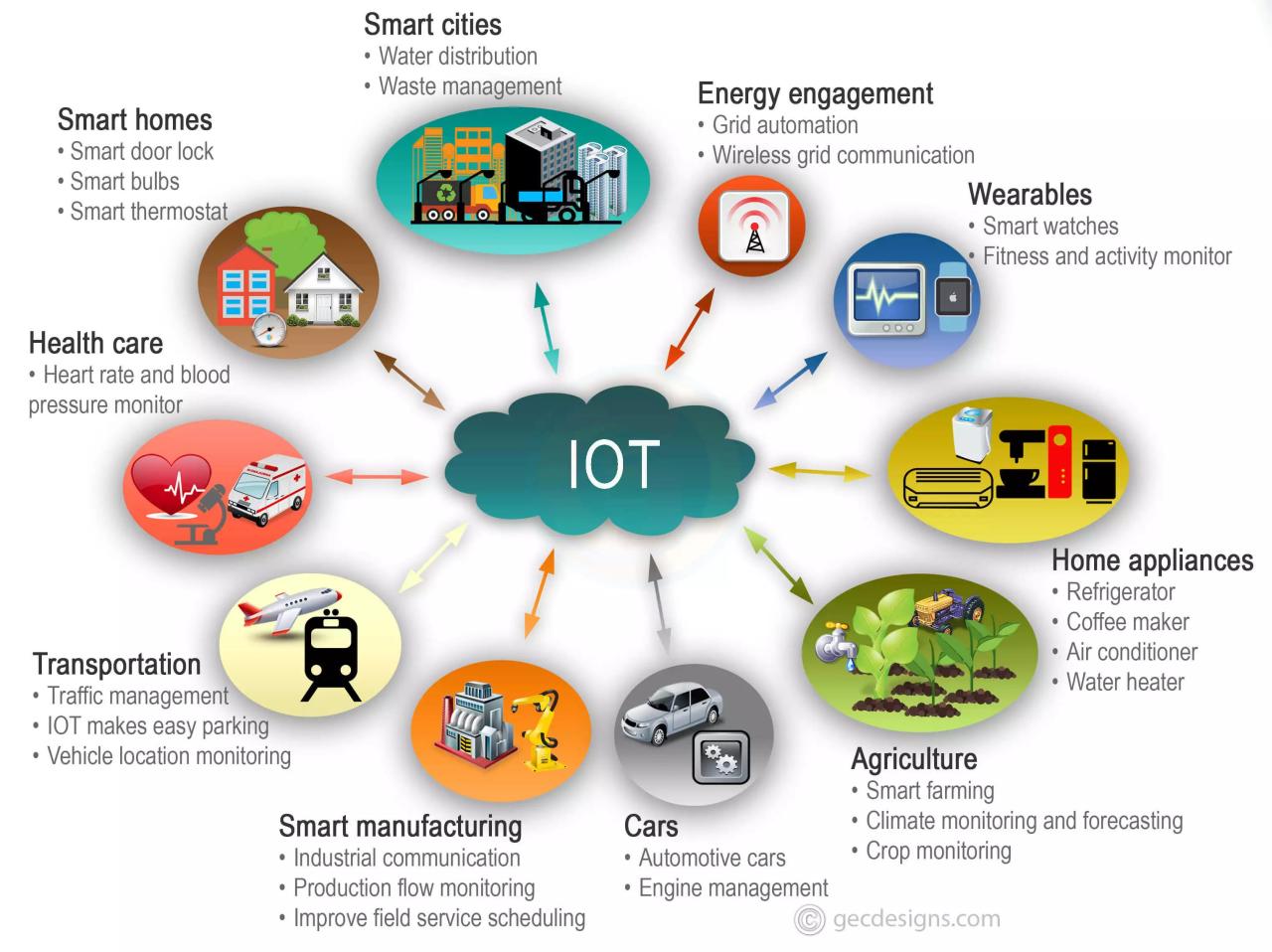
IoT devices have revolutionized daily tasks and activities by seamlessly integrating technology into our lives. These smart devices have significantly improved efficiency, convenience, and overall quality of life for many individuals.
Enhanced Efficiency and Convenience
- Smart home devices such as thermostats, lights, and security systems can be controlled remotely, allowing users to manage their homes from anywhere.
- Wearable devices like fitness trackers monitor health metrics in real-time, helping individuals stay active and maintain a healthy lifestyle.
- IoT devices in agriculture enable farmers to remotely monitor crops, soil conditions, and livestock, resulting in increased productivity and reduced costs.
Potential Future Implications
- As IoT devices continue to evolve, they have the potential to create more personalized and tailored experiences for users in various aspects of life.
- The widespread adoption of IoT devices could lead to greater connectivity between devices, resulting in a more integrated and automated ecosystem.
- IoT devices may play a crucial role in environmental sustainability by optimizing energy consumption and reducing waste through smart solutions.
FAQ Summary
How do IoT devices communicate with each other?
IoT devices communicate through sensors and actuators, sending and receiving data over the internet or local network.
What are some common examples of IoT devices?
Common IoT devices include smart thermostats, fitness trackers, security cameras, and connected kitchen appliances.
How can I secure my IoT devices from cyber threats?
Ensure your devices have the latest security updates, use strong passwords, and set up a secure network for your IoT devices.
What impact do IoT devices have on data privacy?
IoT devices raise concerns about data privacy due to the constant collection and sharing of personal information. It’s important to be mindful of the data these devices collect and how it’s being used.


